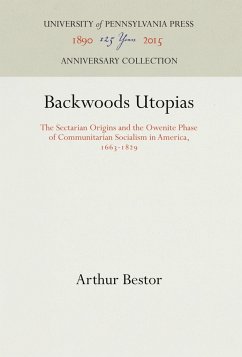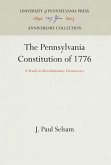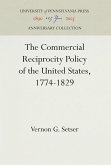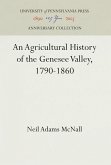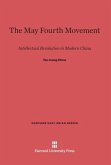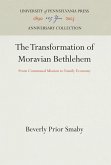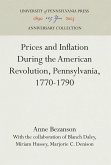"This is not only the best existing study of the reception and application of Robert Owen's ideas in America but something rarer: a sympathetic account of the 'utopian' or, more properly, the 'communitarian' point of view."--New England Quarterly "On every count, Mr. Bestor's study is a model of historical scholarship. Based upon exhaustive and intelligent research, it is presented clearly, objectively, and with a minimum of words. Specialists will praise the critical approach, the thorough documentation, the bibliographical essay, and the authoritative checklist of all communitarian enterprises down to 1860. The general reader will applaud the careful definition of terms, the frequent generalizations, and the emphasis upon the ideas that underlay a faith in community life."--Saturday Review of Literature "Opinions still widely diverge as to the more significant lessons of that chapter of uniquely American history. But the intelligent citizen of today, challenged by revolutionary movements and programs of a vastly different type . . . will be grateful for a tolerant, sympathetic study of the earlier phases of social radicalism and insurgency of our soil."--Social Service Review "Students of American utopian developments will long be grateful for this contribution to the literature of the frontier."--American Journal of Sociology

